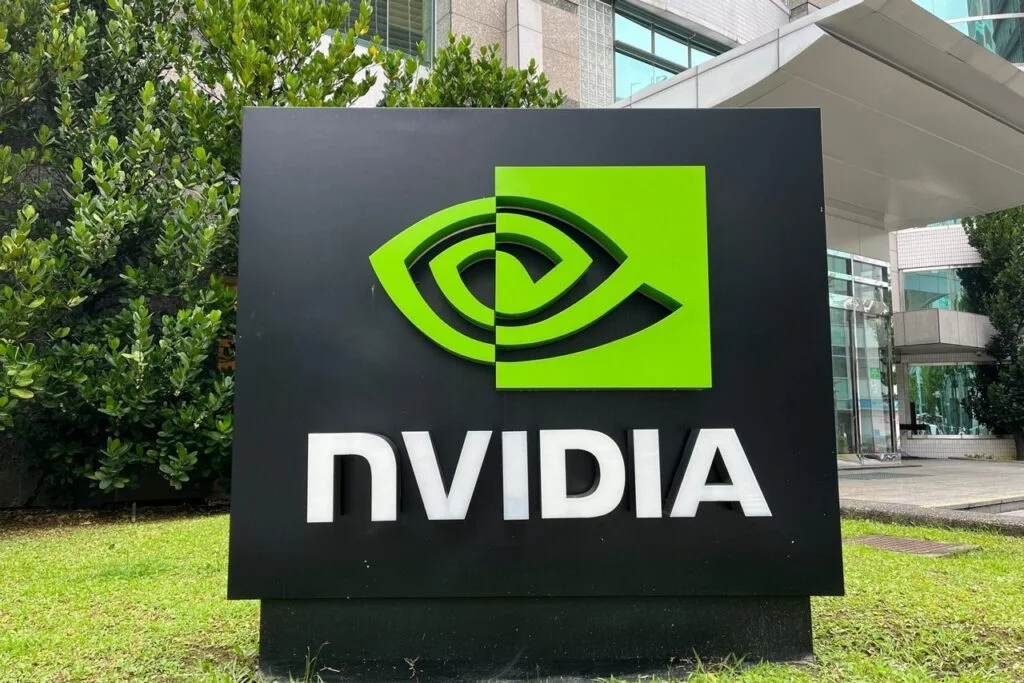Copyright Benzinga

The Donald Trump administration has reportedly decided to block Nvidia Corp.'s (NASDAQ:NVDA) sale of its latest scaled-down AI chip to China, tightening export restrictions just days after CEO Jensen Huang warned that Beijing could surpass the U.S. in the global artificial intelligence race. US Tightens Grip On AI Chip Exports The Trump administration has informed federal agencies that it will not allow Nvidia to sell its newest modified AI processor, the B30A, to China, reported Reuters, via The Information. Nvidia had designed the B30A as a compliant chip to meet existing U.S. export limits, offering reduced performance compared with its flagship H100. However, officials reportedly determined that even this version could still be used to train large-scale language models — a key capability in advanced AI systems. Nvidia has already provided samples of the chip to some Chinese customers, the report said. “We have zero share in China’s highly competitive market for datacenter compute, and do not include it in our guidance.” a Nvidia spokesperson said in a statement to Benzinga. See Also: Intel Wraps Up Altera Stake Sale In Bid To Streamline Business Huang Warns US Risks Falling Behind The decision follows comments from Nvidia CEO Jensen Huang, who told the Financial Times this week that China's massive developer base and rapidly expanding AI ecosystem could allow it to defeat the U.S. in the AI race unless Washington accelerates innovation. After his remarks stirred debate in Washington, Huang shared a message on X, formerly Twitter, saying that "As I have long said, China is nanoseconds behind America in AI. It is vital that America wins by racing ahead and winning developers worldwide." On Thursday, a group of Republican senators commended President Donald Trump for his decision to block Nvidia from selling its most advanced artificial intelligence chips to China. Beijing Pushes For Chip Independence At the same time, China is moving to reduce dependence on U.S. technology. Previously, it was reported that Beijing has instructed that any state-funded data center projects must use only domestically developed chips. Facilities less than 30% complete must replace or cancel all foreign chip orders, while others will be reviewed individually — effectively shutting Nvidia out of a key segment. Despite regulatory headwinds, Nvidia remains the world's most valuable semiconductor company, currently valued at $4.57 trillion after briefly surpassing the $5 trillion mark in October. At its GTC developer conference last month, Huang revealed Nvidia has secured more than $500 billion in chip orders through 2026. Price Action: Nvidia closed at $188.08 on Thursday, down 3.65%, with shares rising 0.85% to $189.68 in after-hours trading, according to Benzinga Pro. Benzinga's Edge Stock Rankings place the chipmaker in the 98th percentile for Growth and 93rd for Quality, underscoring its robust performance compared to industry peers. Read Next: Trump Turnberry Is ‘Our Monalisa' Says Eric Trump As He Shrugs Off Millions In Losses— ‘We Don't Give A…' Disclaimer: This content was partially produced with the help of AI tools and was reviewed and published by Benzinga editors. Photo: Chung-Hao-Lee / Shutterstock



